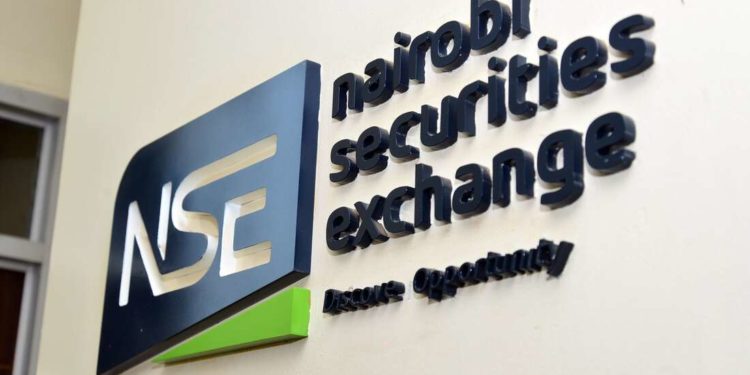In 2023, the CEOs of the ten largest companies listed on the Nairobi Securities Exchange (NSE) experienced a significant reduction in their annual bonuses, losing a collective KES 82.0 mn due to stagnant profits and reduced shareholder dividends. Analysis of the firms’ annual reports reveals that these top executives received KES 734.7 mn in bonuses for the 2023 financial year, down from KES 816.3 mn in 2022. Concurrently, total dividends distributed by these companies decreased to KES. 112.8 bn from KES 119.0 bn the previous year.
The companies analyzed include Safaricom, Equity Group, EABL, KCB, Co-operative Bank, Absa Bank Kenya, Standard Chartered Bank Kenya, NCBA Group, I&M Bank, and BAT Kenya. Notably, Stanbic Holdings, the ninth-largest NSE-listed company by market capitalization, does not disclose the Kenyan unit CEO’s pay breakdown.
Companies primarily reward their executives with performance-based bonuses to safeguard shareholder returns through improved profitability, reflecting their strategic leadership roles. These bonuses are tied to business performance metrics such as profit growth, cakes generation, stock market performance, shareholder returns, and new revenue development. Additionally, executives receive non-cakes rewards, including free shares under employee share ownership plans for long-term performance.
In 2023, the collective net earnings of these top NSE firms rose by just 1.6 p% to KES 248.5 billion, amid challenging economic conditions such as high inflation, elevated interest rates increasing the cost of capital, and a weaker shilling raising the cost of imported inputs.
Safaricom, the largest NSE-listed company, saw its consolidated net profit for the year ending March 2024 rise marginally to KES 63.0 billion from KES 62.2 billion. The profitability growth was offset by losses from its Ethiopian subsidiary, leading to a reduction in its CEO’s bonus by KES 62.2 million to KES 134.1 million, while its dividend payout remained unchanged at KES 1.2 per share or KES 48.1 billion.
Among the banks, the profit growth varied, with the two largest listed lenders, Equity Group and KCB, reporting profit declines of 6.5 % and 8.3 % to Sh41.9 billion and Sh37.5 billion, respectively. Equity’s CEO James Mwangi did not receive a bonus last year, having declined additional pay in solidarity with employees in subsidiaries that failed to meet performance targets. In 2022, he received a KES 53.0 million bonus. Equity also maintained its dividend at KES 4.0 per share, totaling KES 15.1 billion.
KCB’s CEO bonus fell to Sh69.04 million from KES 124.2 million, and the lender chose not to pay dividends to shareholders, having paid KES 6.4 billion in 2022.
Other notable changes in CEO bonuses include Co-operative Bank increasing Gideon Muriuki’s bonus to KES 301.1 million from KES 287.5 million, and NCBA Group raising John Gachora’s bonus to KES 71.0 million from KES 40.0 million. Absa’s CEO bonus increased by KES 3.5 million to KES 28.0 million during a leadership transition, while I&M Group’s executive director Sarit Raja Shah’s bonus rose to KES 15.8 million from KES 5.7 million. Standard Chartered Bank Kenya CEO Kariuki Ngari’s bonus dropped to KES 35.6 million from KES 39.8 million.
In the manufacturing sector, BAT Kenya’s CEO Crispin Achola received a KES 13.1 million bonus, down from KES 14.7 million in 2022, with the company’s dividend payout declining to KES 5.o billion from KES 5.7 billion. EABL increased its CEO Jane Karuku’s bonus to KES 66.9 million from KES 30.9 million, despite a decrease in total dividend payout to KES 4.4 billion from KES 8.7 billion, and a drop in net profit to KES 12.3 billion from KES 15.6 billion for the year ending June 2022.












